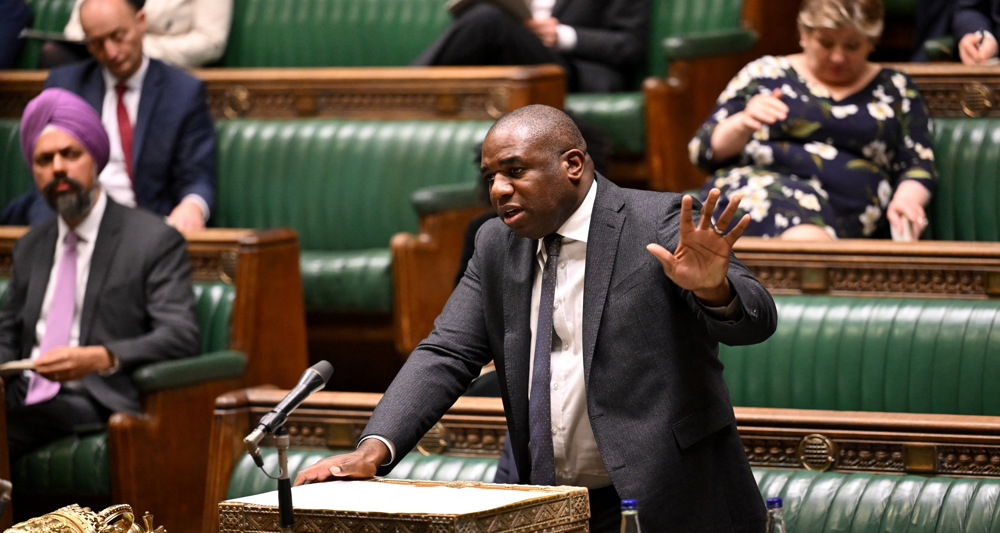EU leaders left to iron out key issues demanded by UK
British and EU negotiators have "largely agreed" on a text of reforms aimed at helping keep Britain in the European Union, diplomats say.
Officials from London and 27 other EU member states met in Brussels on Thursday to review proposals made by the bloc a week ago.
A diplomatic source has described the talks on technical and legal issues as “good progress”. It said that the two issues of migration and treaty change have been left to political leaders of the member countries who will be meeting at the bloc's headquarters, next week.
During the EU summit on February 18-19, British Prime Minister David Cameron is expected to reach a final deal on which he can campaign at home to keep his country in the bloc at a referendum.

London has been demanding reforms in several areas, the most controversial is stronger powers to curb immigration, including barring EU immigrants from in-work benefits for at least their first four years in Britain - what some EU officials have come to call a "welfare brake".
In the run up to the Brussels meeting, the EU came up with proposals that include an immediate brake on benefit payments for EU workers. Diplomats and officials said the political leaders would debate as how long Britain would be able to stretch EU rules by denying equal social benefits to workers from other member states.
Eastern European states, whose citizens account for many of those low-paid workers currently claiming those British benefits, have pushed to limit the total duration of that emergency period to four years.

A revised text presented to the Thursday meeting has reportedly added a reference to the brake being "in particular" available to countries which had not exercised their right to deny residence to citizens of new members for up to seven years after their state joined the EU.
"How and when and whether to incorporate that agreement into primary law remained undecided, as well as the duration of the emergency brake. That was the plan from the very beginning to leave it for the leaders next week," said one EU state diplomat.
The 43-year EU membership has long been a contentious topic in Britain. While recent polls have showed that a majority of Britons are in favor of leaving the bloc, European leaders have warned against "disastrous" impact of "Brexit".
Yemeni army strikes Israeli military sites with drones
‘Clock ticking’: UNRWA slams unjustifiable killing of children in Gaza
BP to be sued in Britain for supplying oil to Israel
VIDEO | Press TV's news headlines
Israeli strikes on north Gaza hospital ‘extremely dangerous, terrifying’: Director
VIDEO | Yemen targets Tel Aviv with Palestine 2 missiles
Pezeshkian: Iran resolved to complete North-South Transport Corridor
VIDEO | Iran-Syria: For Resistance










 This makes it easy to access the Press TV website
This makes it easy to access the Press TV website